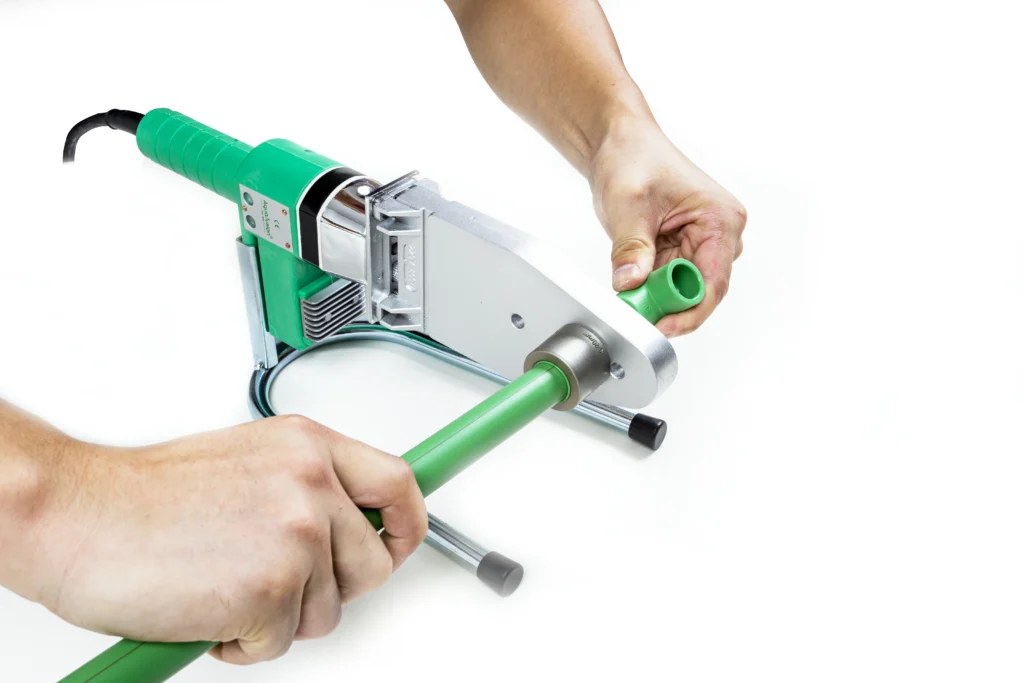PPR (Polypropylene Random Copolymer) pipes have become increasingly popular in construction and plumbing due to their excellent properties and numerous benefits. These pipes are widely used for both hot and cold water distribution, heating systems, and industrial applications. Below are the key advantages of using it in construction and plumbing:
1. Durability and Longevity
- Long Service Life: They are known for their long lifespan, often lasting over 50 years under normal operating conditions. Their resistance to corrosion, scaling, and chemical reactions ensures that they remain intact and functional for many decades.
2. Corrosion Resistance
- Non-corrosive Material: Unlike metal pipes (e.g., steel or copper), PPR pipes do not rust or corrode. This is particularly beneficial in water distribution systems, where rust can contaminate water and reduce the lifespan of the pipes.
3. High Temperature and Pressure Resistance
- Thermal Resistance: PPR pipes are capable of handling high temperatures (up to 95°C for continuous use and even higher for short periods), making them ideal for hot water systems, central heating systems, and underfloor heating.
- Pressure Endurance: PPR pipes are designed to withstand high internal pressures, making them perfect for both residential and commercial plumbing systems that deal with water pressures higher than typical systems.
4. Ease of Installation
- Lightweight: They are much lighter than traditional metal pipes, which makes them easier to handle and transport on construction sites. This reduces labor costs and installation time.
- Fusion Welding: They are typically joined using butt fusion or socket fusion welding methods, which create a seamless joint without the need for additional fittings or adhesives. This results in fewer potential failure points and a stronger, leak-proof connection.
- No Need for Threading or Soldering: Unlike metal pipes, PPR pipes do not require threading or soldering, which further simplifies the installation process.
5. Low Risk of Leaks and Maintenance
- Leak-Free Joints: Because they are typically fused together using heat fusion techniques, they create seamless joints that are incredibly strong and resistant to leakage. Unlike threaded or glued joints, fusion welding creates a continuous bond between the pipe and fittings.
- Minimal Maintenance: The robust nature of it means they require very little maintenance over their lifespan, which is a significant advantage over older materials like metal pipes that may need frequent repairs due to corrosion or joint failures.
6. Wide Range of Applications
- Versatility: PPR pipes are used in a wide range of applications, from residential hot and cold water systems to more complex industrial systems like chemical pipelines, air conditioning, and heating systems. Their flexibility and compatibility with various fittings make them ideal for a variety of construction and plumbing needs.
- Underfloor Heating: The heat resistance and flexibility of it make them particularly suitable for underfloor heating systems, where uniform heat distribution is crucial.
Conclusion: Why Choose PPR Pipes?
Their corrosion resistance, chemical stability, and smooth flow characteristics make them ideal for both residential and industrial applications.
View more:https://www.ifanfittings.com/


